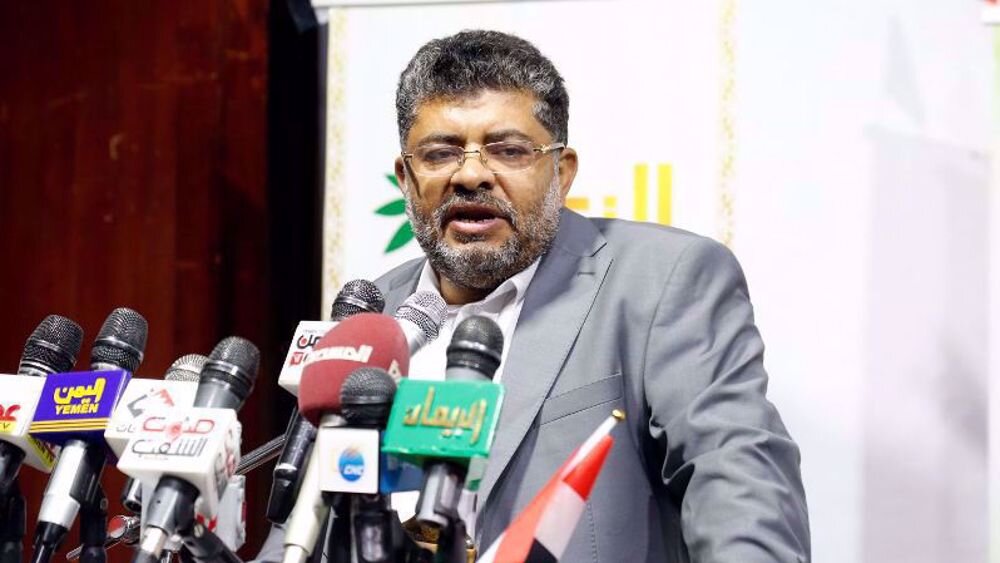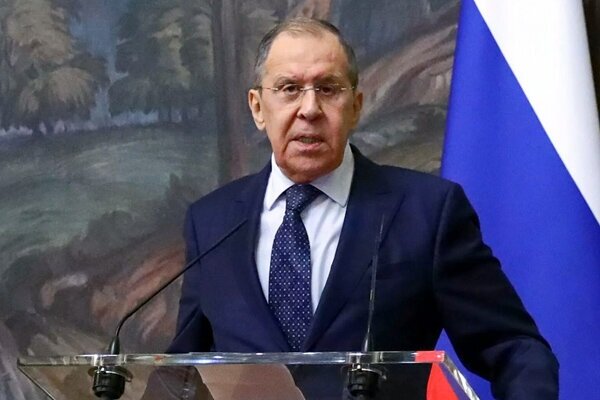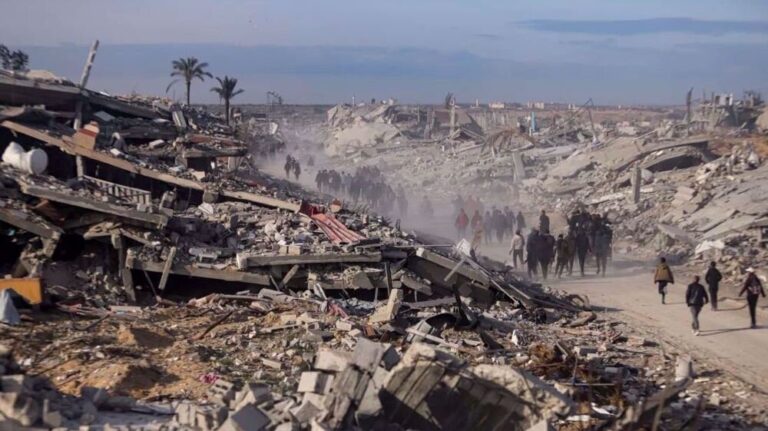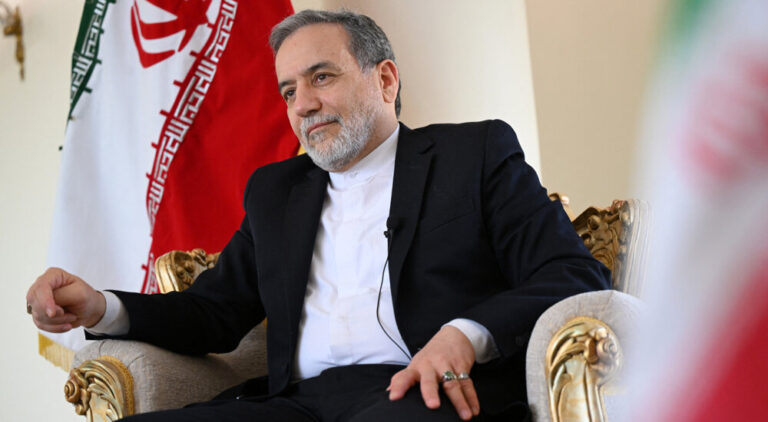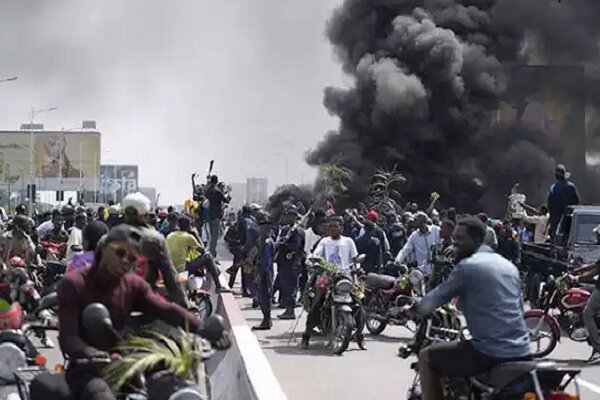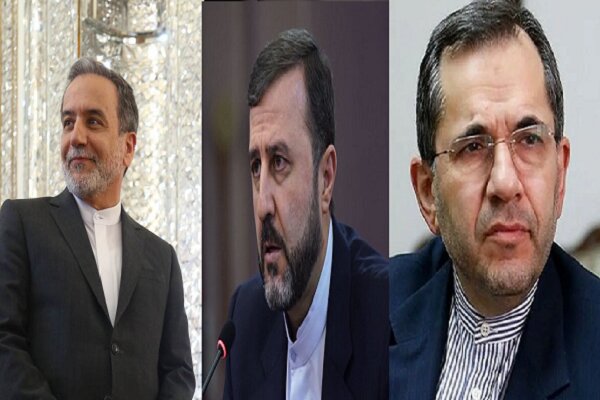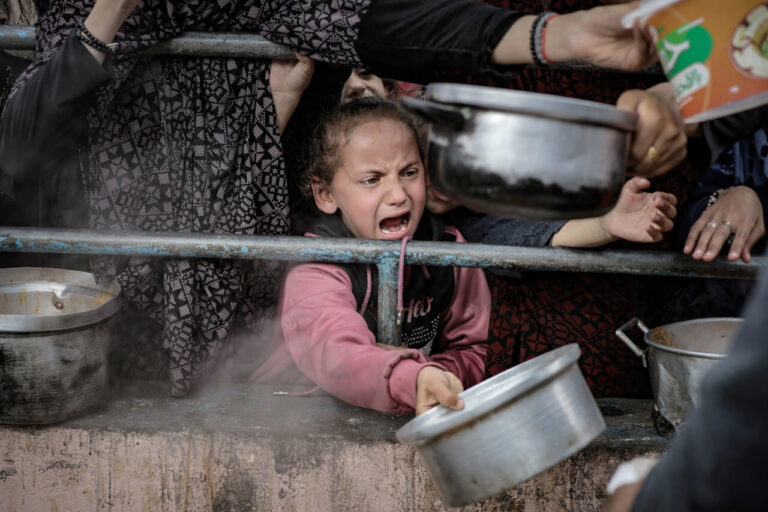Escalating Ground Aggression in Yemen: A Prelude to Chaos and Conflict
In the ongoing conflict in Yemen, key players continue to assert their positions and strategies. Recently, Mohammed Ali al-Houthi, a prominent figure in the Yemeni Supreme Political Council, made significant statements regarding the situation. His remarks underscore the resilience of the Yemeni people and their resistance against external aggression, particularly from the United States and the Saudi-led coalition.
Al-Houthi emphasized that “the enemy’s options in Yemen have failed. Neither bombing nor American aggression will stop supporting Gaza,” reinforcing the notion that external military intervention has not yielded the desired results. His assertions highlight a growing sentiment among Yemeni officials that their resolve remains unbroken despite prolonged conflict.
Continuing his declaration, al-Houthi stated, “No ground military operation will succeed. It will face hell and the power of the righteous.” This statement reflects a deep-rooted belief within Yemen that any further military action from adversaries will encounter fierce resistance. The implications of this are significant, as they suggest a looming escalation in conflict should external forces choose to intensify their military efforts.
- Historical Context: The conflict in Yemen has been ongoing for several years, with various factions vying for control amid a humanitarian crisis.
- Resilience of Yemeni Forces: Al-Houthi’s remarks indicate a strong confidence in the Yemeni military’s capabilities and their commitment to defending their territory.
- Impact of External Aggression: The statements also serve as a warning to the United States and the Saudi-led coalition regarding the futility of their military strategies.
Furthermore, al-Houthi articulated that it would be a grave error to “test the already tested Yemenis,” referring to the long history of Yemeni resistance against foreign intervention. His comments suggest that any attempts to undermine the Yemeni resolve will likely fail, as the people have demonstrated unwavering strength throughout the conflict.
Highlighting the ongoing challenges posed by foreign aggression, al-Houthi remarked that “America should know that continuing its aggression means continuing undermining its deterrent power and weakening its forces.” This statement reflects a strategic perspective, suggesting that the persistence of military actions by external forces will only serve to diminish their influence and effectiveness in the region.
In summary, al-Houthi’s statements bring to light several critical aspects of the Yemeni conflict:
- Failure of Military Strategies: The current military strategies employed by adversaries have not achieved their intended objectives and are unlikely to do so in the future.
- Strength of Yemeni Resolve: The Yemeni people’s determination and resilience are integral to their ability to withstand external pressures.
- Future Implications: Continued aggression from outside forces could lead to further conflict and instability, rather than resolution.
The ongoing conflict in Yemen remains a complex situation, deeply rooted in historical grievances and geopolitical interests. The remarks from al-Houthi serve as a reminder that, regardless of external pressures, the Yemeni people are committed to their cause. As this situation unfolds, the international community will be watching closely to see how these dynamics play out.
In conclusion, Mohammed Ali al-Houthi’s statements encapsulate the resilience of Yemen amid adversity. His call for recognition of the Yemeni spirit and the futility of foreign aggression resonates strongly in the broader context of the conflict. The future of Yemen hinges not only on its internal dynamics but also on how external forces choose to engage with this resilient nation.
